Microsoft Edge integrating buy now, pay later is predatory and disappointing
By integrating BNPL with Edge, Microsoft shamelessly hitched its wagon to a system that drives people into debt.
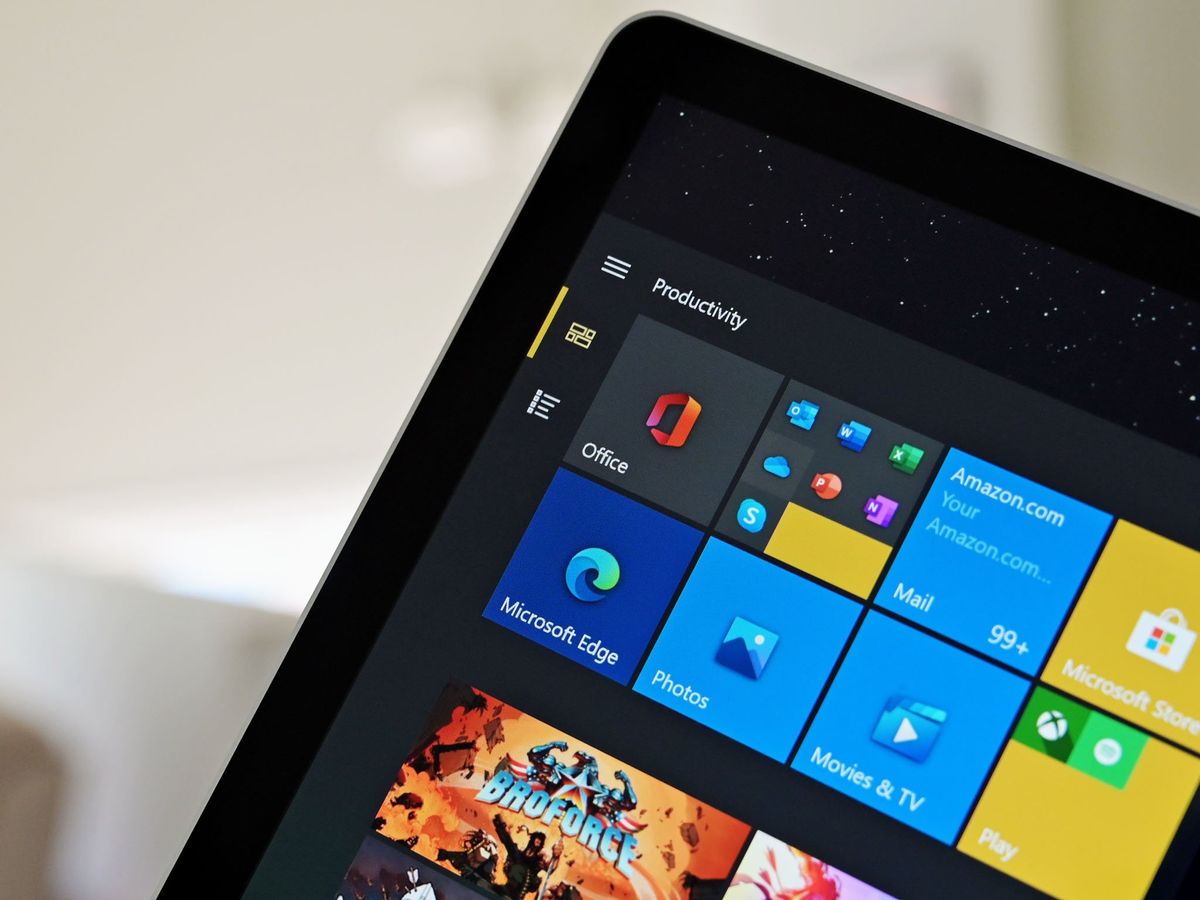
Microsoft recently started testing a buy now, pay later (BNPL) integration in its Edge browser. The feature, which is powered by Zip, allows online shoppers to spread purchases across four installments over a six-week period. It's caused backlash across the web, including critics calling the feature a "shameless cash grab." Count me among those critics, as I believe Microsoft's latest move is dangerous and predatory. It also sets a terrible precedent for the browser going forward.
The post announcing the feature now includes negative tags such as bloat, cashgrab, dirty, exploitive, and predatory. There are over 200 comments on that post, and many have expressed distaste for the BNPL feature on Twitter, Reddit, and across the web.
A bit about buy now, pay later loans
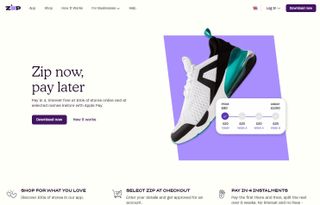
While some people would prefer a clean browsing experience free of monetary components, I haven't seen the same hatred toward Edge's coupon feature that has been displayed about BNPL. There are people that dislike it, of course, but it hasn't drawn the vitriol of buy now, pay later being built into the browser. I think that's because buy now, pay later companies are considered by many to be predatory.
Whereas a coupon feature lets people save money and doesn't cost consumers anything, buy now, pay later loans can get people into debt. In an ideal situation, anyone that used a BNPL service would be able to make all payments on time. That isn't the reality, though. In many cases, people overspend and get behind on payments. You may blame the consumer for that, but the truth is that Klarna, Zip, and other BNPL services encourage overspending.
There are BNPL options, including Zip Pay, that don't charge interest. There are, however, late fees for those that miss payments. Other options, including Zip Money, can charge extremely high interest rates.
Browswers shouldn't have ads
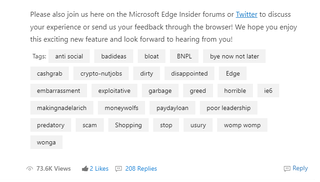
Buy now, pay later functionality sparked a discussed about what belongs in a browser, but BNPL isn't just an issue because it's predatory.
Edge shouldn't have ads at all. BNPL may draw out critics, but the practice of baking services into the settings of a browser is wrong on several levels, including causing potential legal issues. Edge is built into Windows 11 and Windows 10. You can't easily uninstall it. Soon, Windows will have a BNPL integration built directly into the default browser that can't be easily removed. That's a red flag in my book, and I imagine there are legislators in Europe with similar feelings.
Get the Windows Central Newsletter
All the latest news, reviews, and guides for Windows and Xbox diehards.
Extensions are already a thing
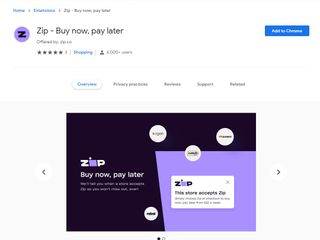
The crux of many complaints about the Buy Now, Pay Later integration with Microsoft Edge is the fact that the feature is baked right into the app. While it is an optional feature, the choice to use it is directly within the settings menu of Edge. BNPL isn't a core functionality of navigating the web. Why have the feature directly integrated with the browser?
Modern browsers already have a way to deliver optional features, extensions. These have been around for a long time and seem to work just fine. In fact, Microsoft made a pretty big deal about the fact that the new Edge supports extensions from the Chrome Web Store. Microsoft has plenty of extensions available, including Microsoft Editor. Zip already has an extension in the Chrome Web Store that works in Microsoft Edge.
This isn't needed
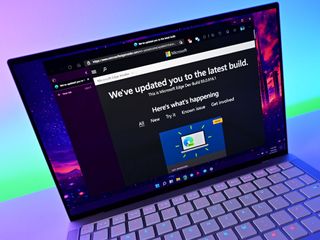
The strangest thing about this whole saga is that it's unnecessary. Microsoft worked hard to make Edge a good browser. After years of Internet Explorer memes and struggles with the older version of Edge, the company moved over to Chromium. This move was generally met with praise. Even tech enthusiasts complimented the browser.
After building up Edge, Microsoft appears determined to toss out any goodwill it acquired while making it one of the best Windows apps.
I'm not naïve, at least not enough to think Microsoft builds its browser out of the goodness of its heart. I'm aware that there are monetization opportunities within Edge, such as Bing search and advertising. I don't have the numbers that Microsoft has, but I predict that negative publicity about BNPL will cost Microsoft in the long run. It's already cost Microsoft part of its reputation. It's yet to be seen if it will affect the company's bottom line. I assume that if Microsoft starts losing money that this integration will go away.

Sean Endicott is a tech journalist at Windows Central, specializing in Windows, Microsoft software, AI, and PCs. He's covered major launches, from Windows 10 and 11 to the rise of AI tools like ChatGPT. Sean's journey began with the Lumia 740, leading to strong ties with app developers. Outside writing, he coaches American football, utilizing Microsoft services to manage his team. He studied broadcast journalism at Nottingham Trent University and is active on X @SeanEndicott_ and Threads @sean_endicott_.